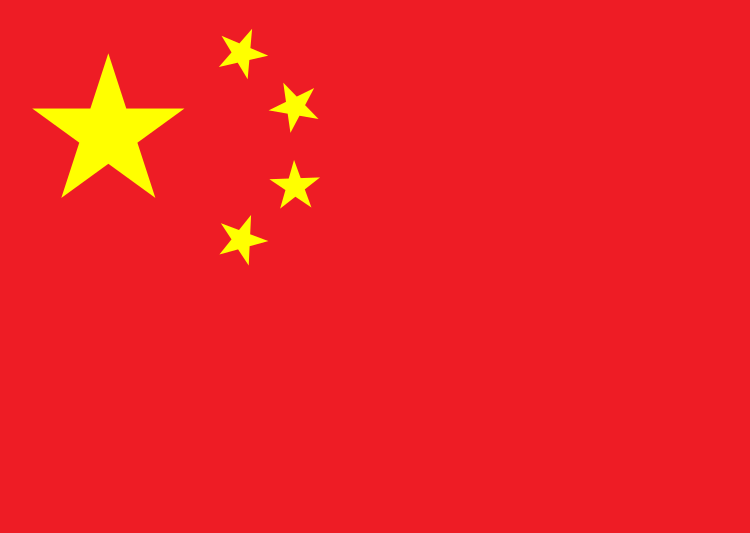China has announced a significant increase in tariffs on goods originating from the United States, raising them to a substantial 125 percent. This move comes as a direct response to escalating trade tensions and follows a week of intense market volatility, during which the world’s two largest economies have repeatedly imposed trade barriers on each other. However, Beijing has also stated that it will disregard any further tariff increases by US President Donald Trump, asserting that it no longer makes economic sense for Chinese importers to purchase American goods at the current levy levels.
Characterizing President Trump’s escalating trade tactics as a “joke” and merely a “numbers game,” Beijing has accused the United States of instigating market turbulence through its sweeping tariffs, which have had a global impact. China maintains that the United States “should bear full responsibility” for the ensuing economic chaos. President Trump’s strategy has involved deploying broad tariffs, including significantly higher levies on numerous major economies, with the aim of compelling manufacturers to establish operations within the United States and pressuring countries to lower barriers to American goods.
Earlier this week, President Trump appeared to soften his stance on overhauling the global trade system, announcing a 90-day pause on many of the tariffs he had previously threatened. However, this temporary reprieve did not extend to China, as he instead increased tariffs on Chinese goods to an unprecedented 145 percent. In direct retaliation, China has now raised its tariffs on US goods to 125 percent, with the new levies set to take effect on Saturday.
Despite this retaliatory measure, the Chinese finance ministry has indicated that any further tariff actions by the United States will be ignored. The ministry stated that “at the current tariff level, there is no possibility of market acceptance for US goods exported to China,” suggesting that the existing high tariffs have already rendered American products economically unviable for Chinese importers.
Echoing this sentiment, Beijing’s commerce ministry asserted that “the United States’ imposition of round upon round of abnormally high tariffs on China has become a numbers game with no practical significance in economics.” A spokesperson for the ministry further stated, “If the US continues to play the tariff numbers game, China will ignore it,” signaling a shift in Beijing’s approach to future US tariff escalations.
In a further move to challenge the United States’ trade policies, Beijing has announced its intention to file a lawsuit against Washington at the World Trade Organisation (WTO) over the latest round of levies. This action underscores China’s determination to contest what it views as unfair and economically damaging trade practices by the United States on the global stage.




